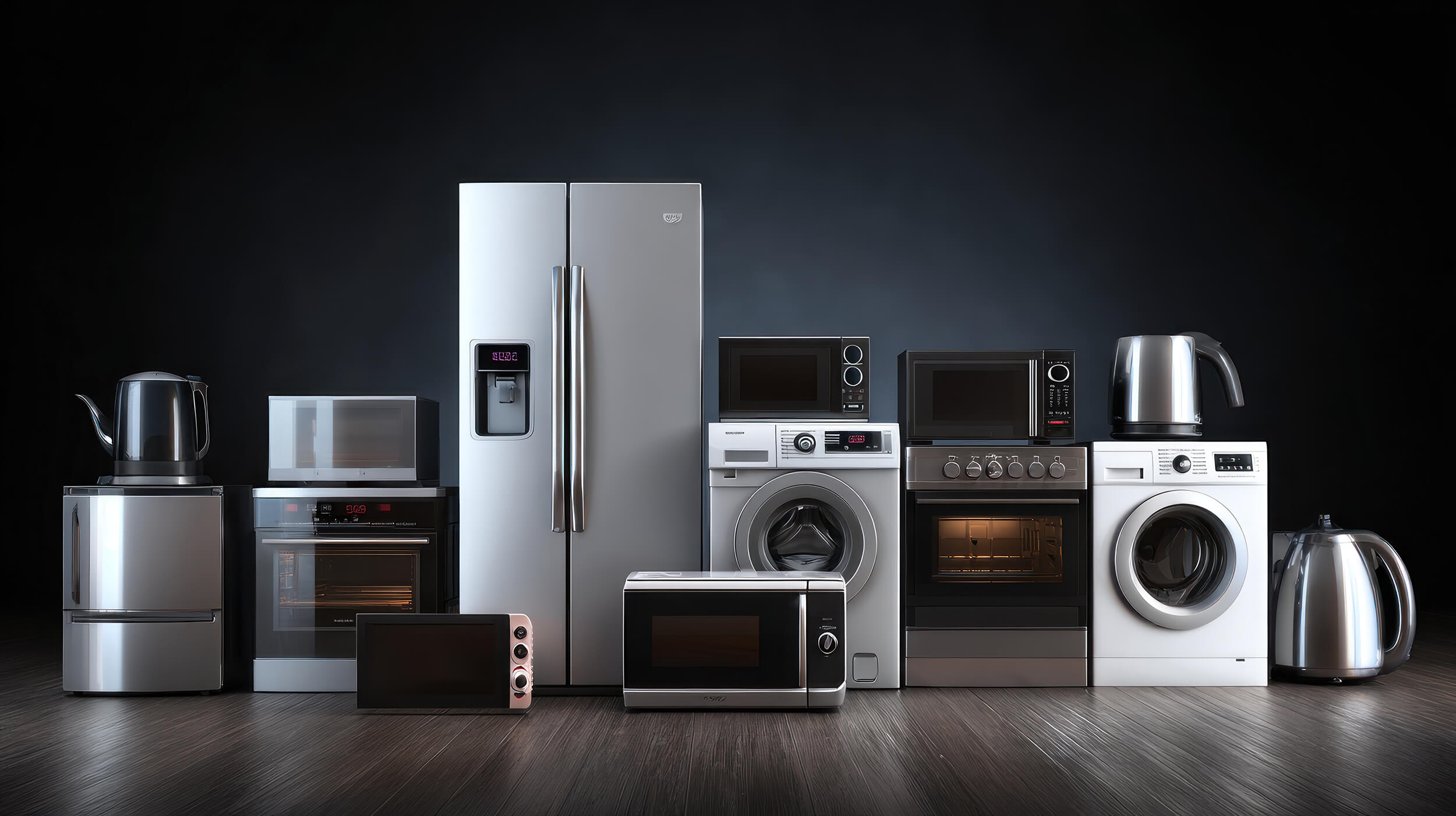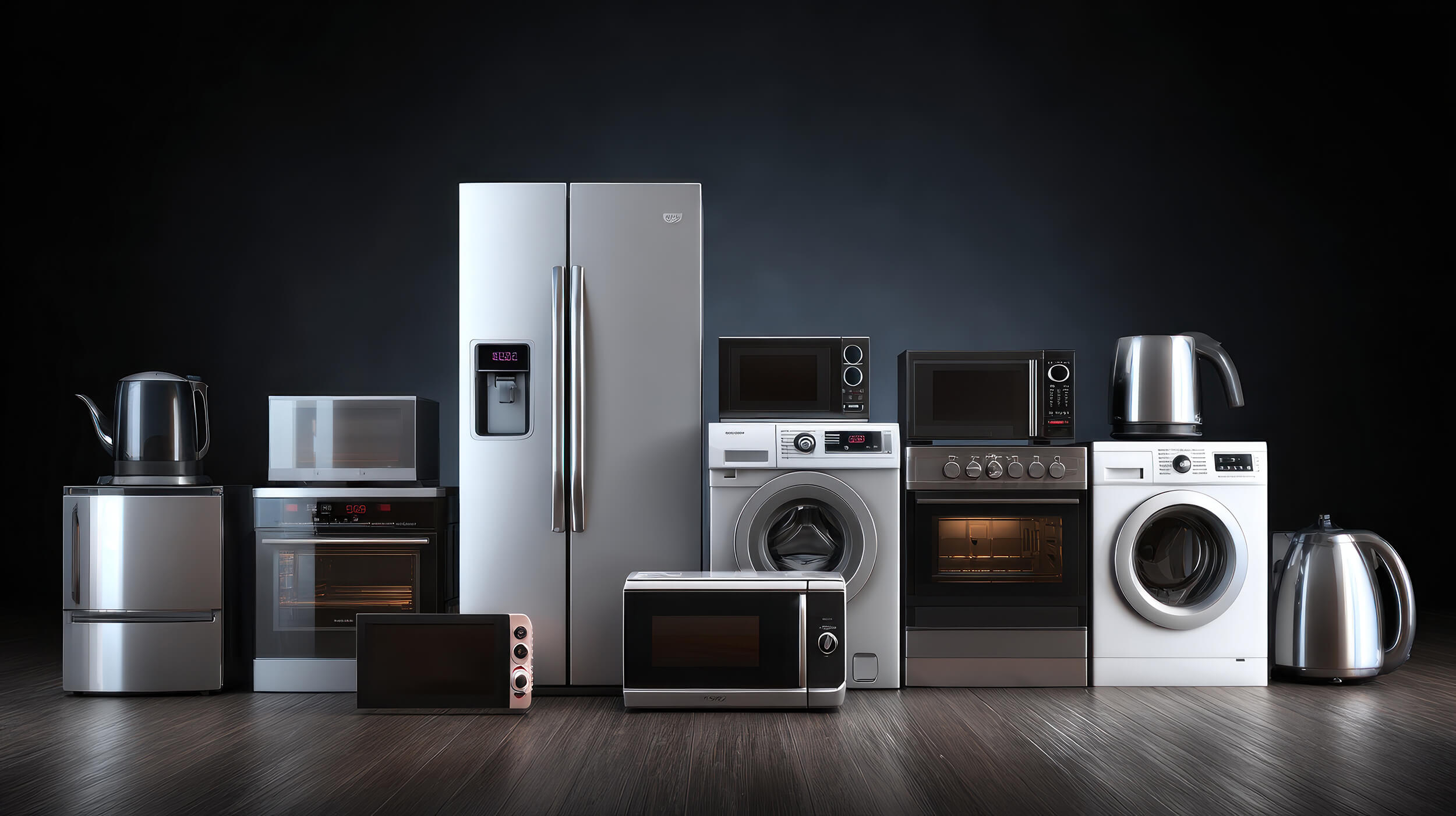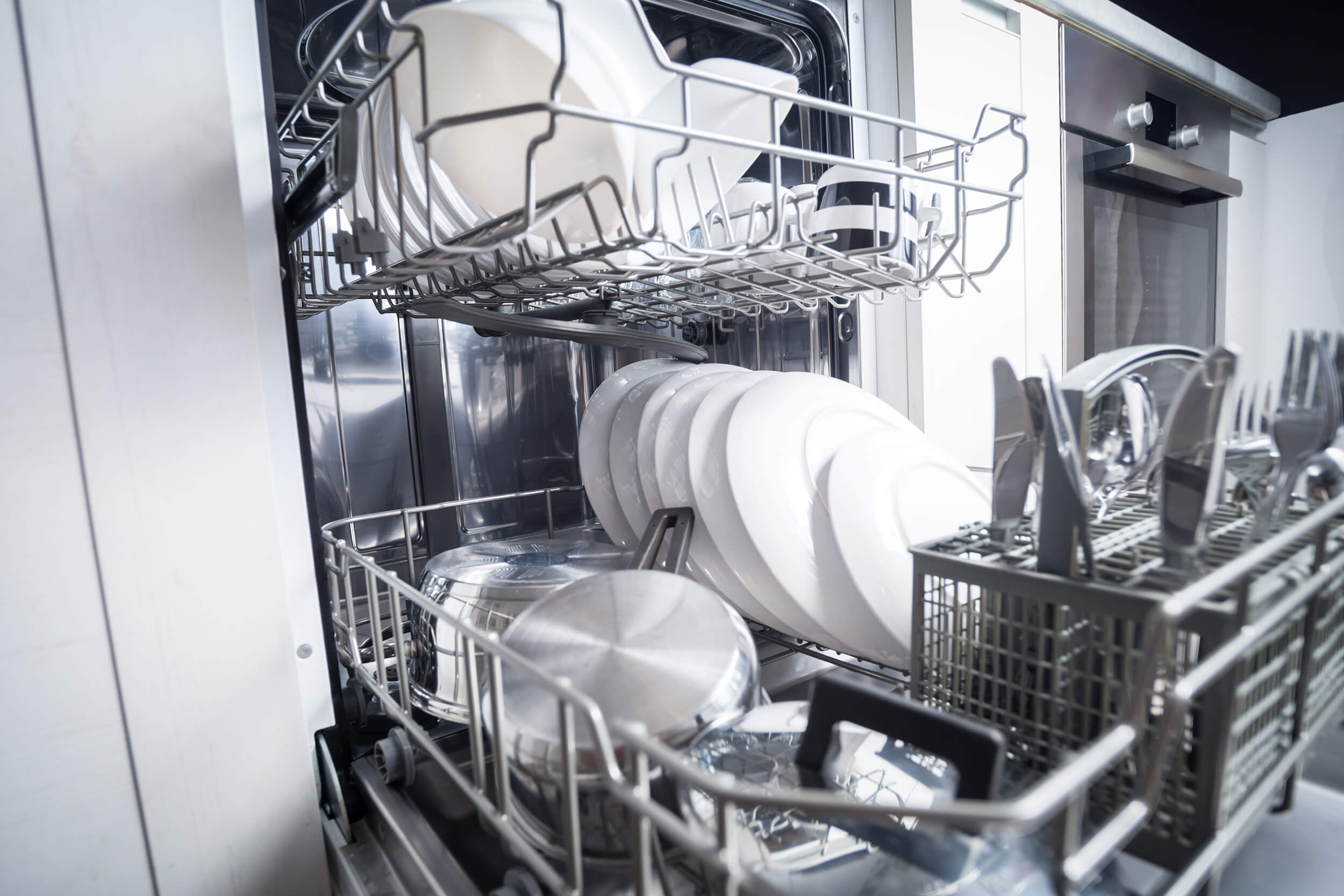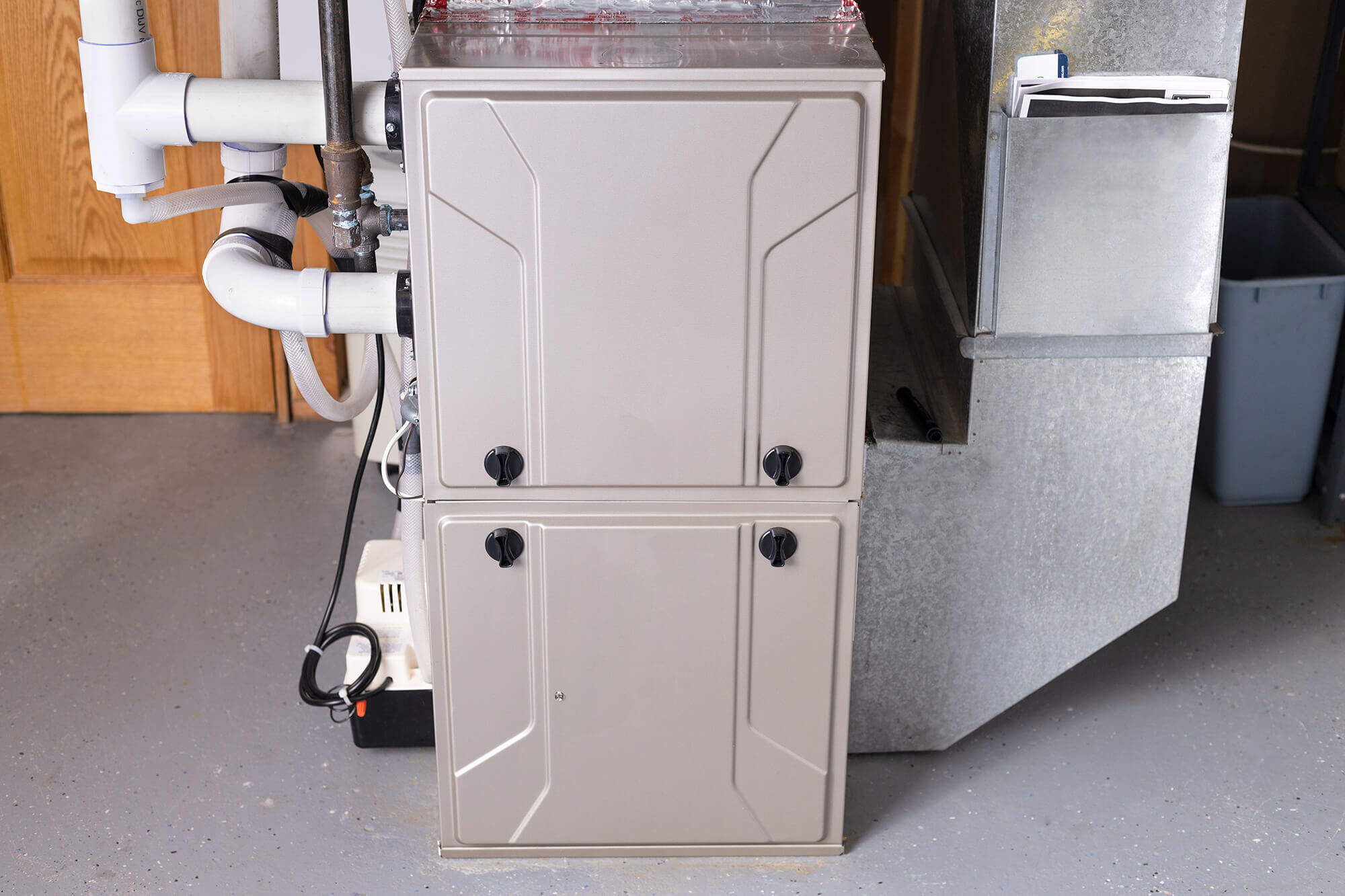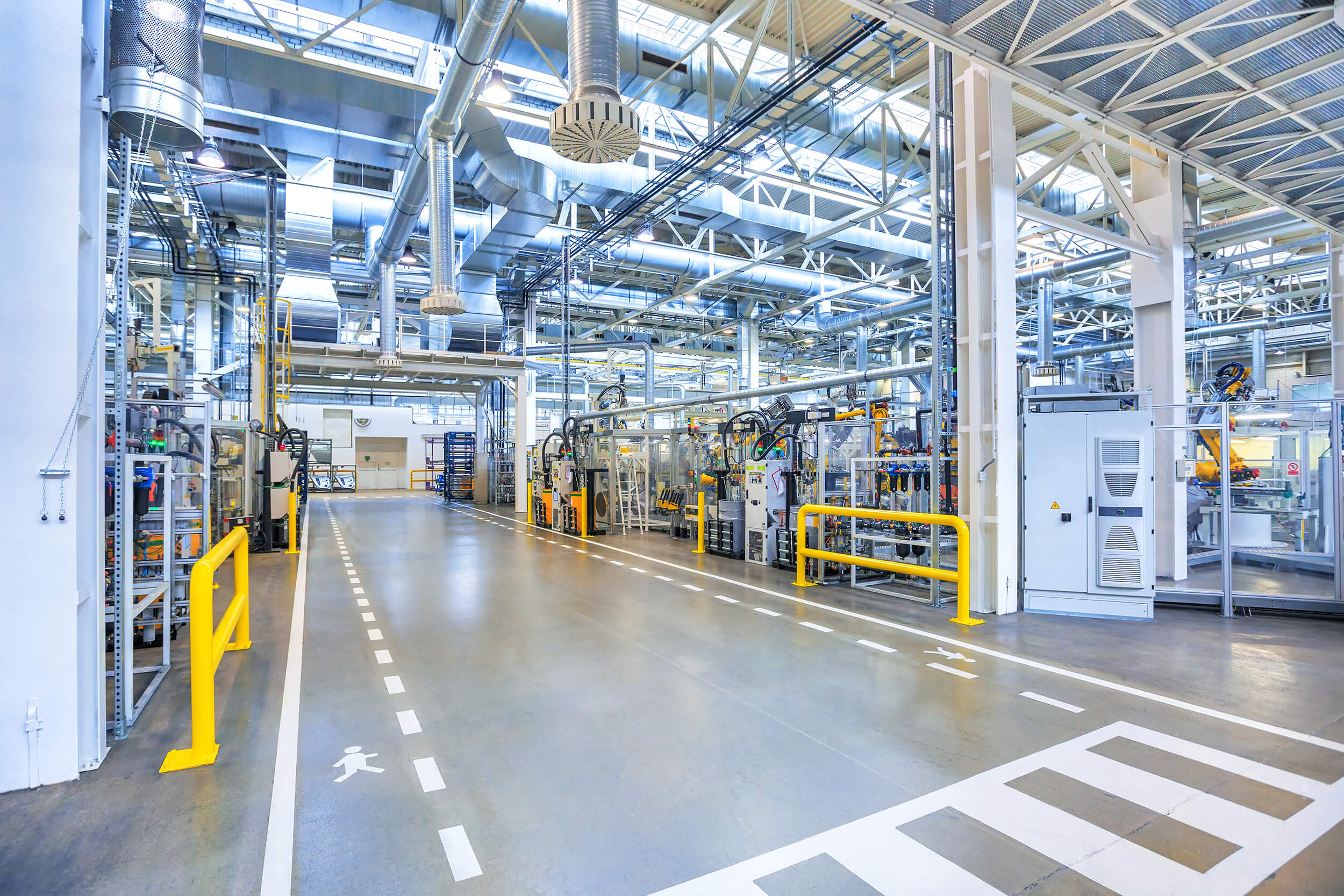Contact: Ben Somberg, 202-658-8129, bsomberg@aceee.org
Washington, DC—The Biden administration took a key step late Monday toward updating efficiency standards for gas furnaces, water heaters, and boilers—a move that could save consumers money and cut planet-warming emissions. In a final rule, the Department of Energy (DOE) undid a Trump administration action that had blocked its ability to significantly improve efficiency standards for these products, which are the highest energy users in many homes and buildings.
“Getting rid of this roadblock was critical, and now the department’s bigger challenge ahead will be setting strong standards for each of these products,” said Andrew deLaski, executive director of the Appliance Standards Awareness Project (ASAP). “It’s a really big job and the clock is ticking.”
Steven Nadel, executive director of the American Council for an Energy-Efficient Economy (ACEEE), said, “These products are the biggest energy users in many homes, but a lot of the new models sold today needlessly waste energy. This administration has opened the path to ensure the equipment is more efficient, and getting the job done is a must for the climate and for reducing home energy costs.”
Reversing long-standing DOE policy, the Trump administration’s rule had required separate “product classes” for gas equipment that captures and uses some of the heat that would otherwise go up the flue, legally separating these “condensing” models from their less-efficient counterparts. This ensured the continued sale of less-efficient models. That rule was requested in a 2018 rulemaking petition to DOE from the American Gas Association, American Public Gas Association, National Propane Gas Association, Natural Gas Supply Association, and Spire, Inc.
This week’s final rule undoes the Trump action and will allow DOE to consider setting strong standards for each product at issue in individual rulemakings.
Efficiency standards for home gas furnaces have not been meaningfully updated since 1987, and those for home water heaters have not been updated since 2010 (DOE has missed legal deadlines for both). A 2020 ACEEE/ASAP report found that these products are two of the biggest opportunities for the Biden administration’s DOE to reduce greenhouse gas emissions through efficiency standards.
Strengthening standards for the equipment affected by this week’s rule could, by 2035, save households $3 billion annually on their gas utility bills and cut climate change emissions by an amount equal to the total emissions of more than two million typical U.S. homes today, according to the report.
President Biden directed agencies in a January 20 executive order to identify Trump-era actions that merited “suspending, revising, or rescinding,” and to complete action doing so by the end of 2021. DOE identified each of the key Trump rollbacks and roadblocks, including the one undone this week, in its memo.
DOE still needs to finalize a proposal undoing Trump-era process hurdles related to setting new standards (it recently finalized a rule undoing several of these hurdles). And it must take final action to undo Trump-era rollbacks on standards for light bulbs, clothes washers and dryers, and dishwashers.
As of Inauguration Day this year, DOE had missed 28 legal deadlines for considering new standards. By January 2025, another 19 will come due, meaning that the new administration has 4 years to consider updating standards for 47 product categories.
###
The American Council for an Energy-Efficient Economy (ACEEE), a nonprofit research organization, develops policies to reduce energy waste and combat climate change. Its independent analysis advances investments, programs, and behaviors that use energy more effectively and help build an equitable clean energy future.
The Appliance Standards Awareness Project (ASAP) organizes and leads a broad-based coalition effort that works to advance, win and defend new appliance, equipment and lighting standards which deliver large energy and water savings, monetary savings and environmental benefits.

